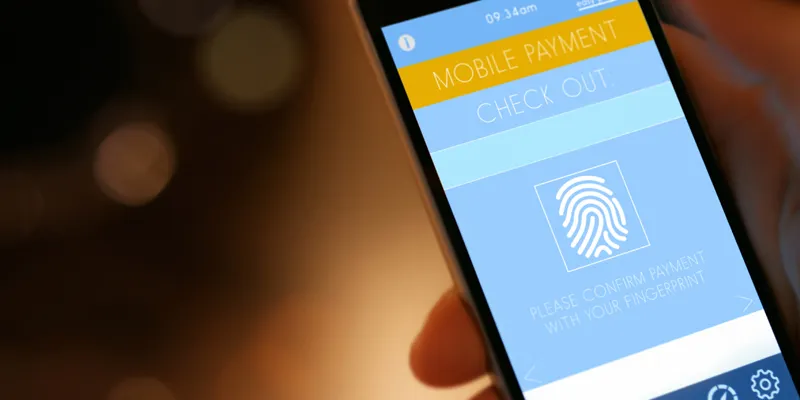The impact of technology on our lives and economy
A daily wage labourer Ramu manages to ekes out a living by working at construction sites in the city. He used to get Rs 100 in cash at the end of the day. A month back, Ramu bought a simple mobile phone and joined the government's Unified Payment System. Now, the contractor pays him Rs 200, which is what he is actually supposed to pay Ramu.
Ramu now finds it easier to buy things as even small shops accept payment through mobile phones. Other workers like Ramu also are paid the designated amount. Ramu also realised that he is entitled to many benefits from government schemes.

Technology is a great equaliser. It brings the rich and poor alike on the same platform. Banking is (or was) a low volume, high fee system. Telecommunications is a high volume low fee system. Digitisation brings these two systems together for the benefit of the common man. Research shows that the more formal and organised a workforce is, the better is country's development parameters. However, most of India's economy is presently informal and unorganised. Digitisation of payments not only formalises and organises a country's workforce, it also brings down the cost of running a cash economy. A particular study has shown that India can save thousands of crores if it moves into a cashless (or minimal cash) economy. All that money saved can be diverted into social sectors to improve the quality of life of the masses. Technology makes it possible to bring such a scenario to reality. Unified Payments Interface (UPI) is one such technology.
UPI is a system that payment features in a single mobile application. It was launched by National Payments Corporation of India as a result of Reserve Bank of India's (RBI) vision of migrating towards a 'less-cash' and more digital society. UPI can be used for:
- Single mobile application to access multiple bank accounts
- Immediate money transfer via any mobile phone any time of the day.
- Transaction without entering details such as account number, card no, IFSC, etc.
- Bill sharing.
- Merchant payments.
- Paying utility bills.
- Raising complaint directly through mobile app.
The medium to long-term impacts of such technology are enormous. If it goes as per a roadmap without hiccups, the following things can happen:
1) More number of people will receive benefits for which they are entitled. Migrant labourers will especially be benefitted by digitisation of payments. They can receive entitled social schemes money even if they are thousands of kilometres away from home.
2) A larger chunk of India's economy will become formalised, organised, and come into the tax bracket. This should, over a period of time, ease out the tax burden on the country.
3) Hoarding and laundering of money will be probably be reduced as most of the money is in digital form and visible to the government on real-time basis.
4) With more money flowing into banking system, credit rates on loans will ease and easier availability of loans may be possible.
5) Even small-time hawkers and vendors who form a large bulk of our economy can avail loan and government benefits as they will be accessible through mobile payment systems.
A street hawker need not remain a hawker for the rest of his life. He can expand his business and move up the value chain over a period of time. We may see new technologies that the government will have to adopt to streamline, secure, and simplify its digital payment systems. Primary among them is the adoption of blockchain technology. Blockchain technology is a decentralised ledger system where transactions occur quickly with no transaction fee in a reliable and secure manner. By adopting blockchain technology, we can make a payment system totally secure and immune to cyber-threats that are a concern to any economy.
If blockchain system becomes the basis for money transactions, then a paradigm shift will occur. You will be able to legally loan money to your neighbour (or any person thousands of miles away) at a competitive interest rate. You can even get loans for a very low interest rate directly from other people. Right now this is not possible. Currently, banks are the economic go-betweens linking the government to the people. But by implementing blockchain technology, the government can directly connect with the people economically. Instead of bank accounts, they will have Blockchain Wallets. And the account keeping is done by the blockchain network (instead the banks at present).
The blockchain network must be provided by the government (by using the K-Y Protocol for this purpose). This puts economic freedom totally in the hands of the people. At the same time, the government can supervise and guide the economy to prosperity. We may see a rapid transformation of our lives in the days to come. And this transformation will be brought about by technologies which are aimed at easing our lives and improving our economy.
(Disclaimer: The views and opinions expressed in this article are those of the author and do not necessarily reflect the views of YourStory.)







